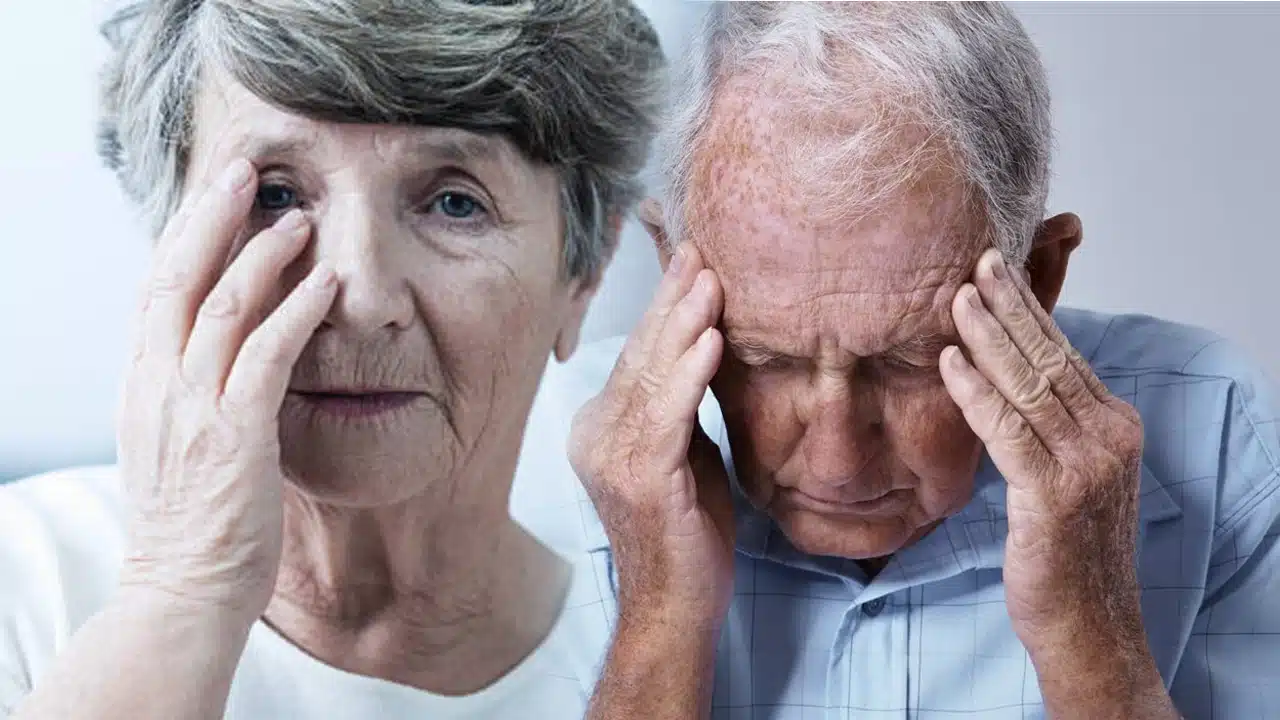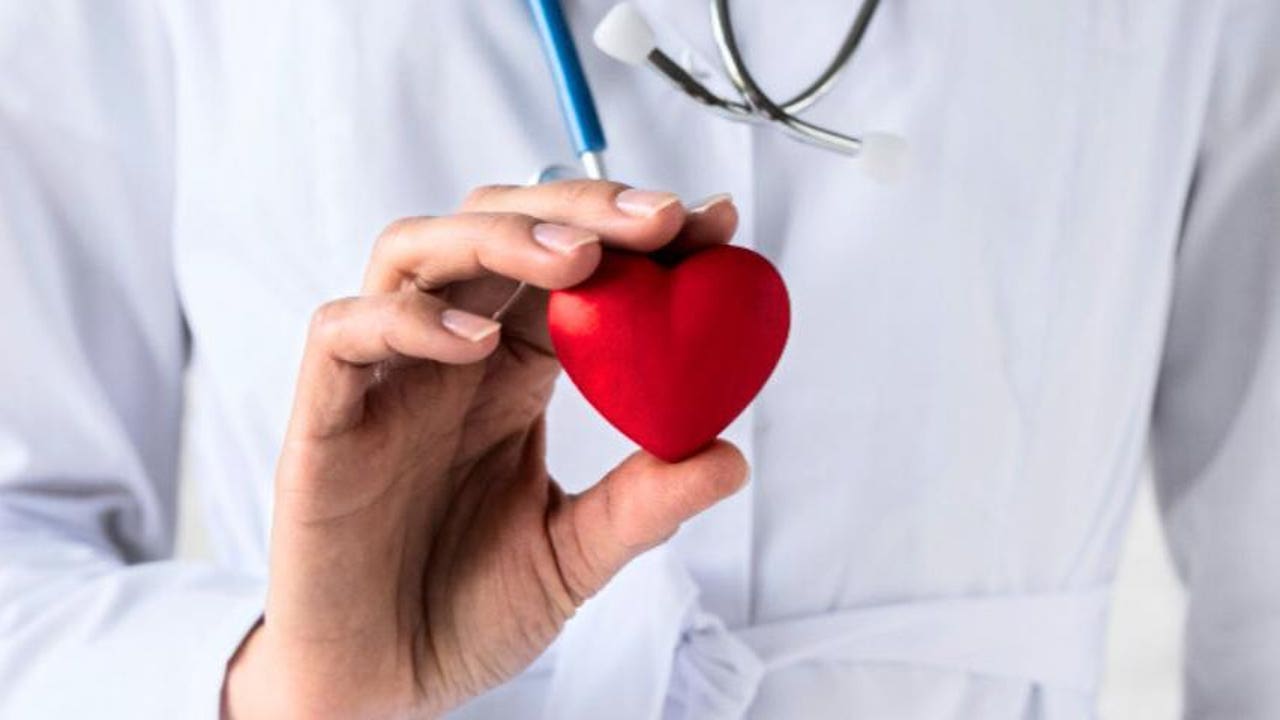Why is alcohol so dangerous to the teenage brain?

Nine of the ten countries with the highest alcohol consumption in the world are part of the European Union. This culture of alcohol is also associated with all kinds of myths, such as one that says drinking with your parents from a young age will teach you to drink more responsibly as you grow up.
So we must remember: alcohol is a poison that seriously damages your health, and according to the BBC, it damages the brains of teenagers even more.
In many countries, the law prohibits the purchase of alcohol before the age of majority. However, even at the age of 18 or 21, the body is not yet fully mature. Growth is thought to stop at age 21 in terms of height, but body weight at this age is often not the same as adults in their 30s or 40s. Maastricht University researcher Ruud Rudbein therefore states that “Drinking for a young person results in a higher blood alcohol level than for an adult“
In proportion to the rest of their bodies, juveniles also have larger heads than adults. However, when alcohol is consumed it takes an average of five minutes to reach the brain: young people therefore have a relatively large proportion of the alcohol that goes to the brain and are therefore at greater risk of intoxication.
A growing brain
One of the most important changes in the brain during adolescence is the reduction of “gray matter,” that is, the removal of synapses that allow cells to communicate with each other. This loss favors the growth of “white matter”, i.e. long-distance connections, also called axons. “They are like the highways of the brain», says neuropsychologist Lindsey Squaglia. The brain then becomes more efficient and processes information more quickly.
However, studies show that early alcohol consumption is associated with more rapid decline and delayed growth in “gray matter.” “white matter».
Another characteristic of the adolescent brain is the developmental difference between the limbic system and the prefrontal cortex. The first, which involves the sensation of pleasure, is developed in adolescence as well as in adulthood. On the other hand, the other, responsible among other things for emotional regulation and self-control, is not yet fully developed before adulthood. “Many people describe the teenage brain as having a gas pedal but no brakes.»Lindsey Squaglia explains.
Bathing all these neurons in alcohol, which is already known to promote disinhibition, can only increase thrill-seeking in teenagers.
At high frequencies and volumes, alcohol consumption therefore hinders the long-term brain development of adolescents. In addition to physical health risks, studies also show that early alcohol consumption increases the risk of abuse and dependence in adulthood.


:quality(70):focal(926x756:936x766)/cloudfront-eu-central-1.images.arcpublishing.com/liberation/3K4S2T7WVRCSLN7ZI3LIMXDVGY.jpg)


